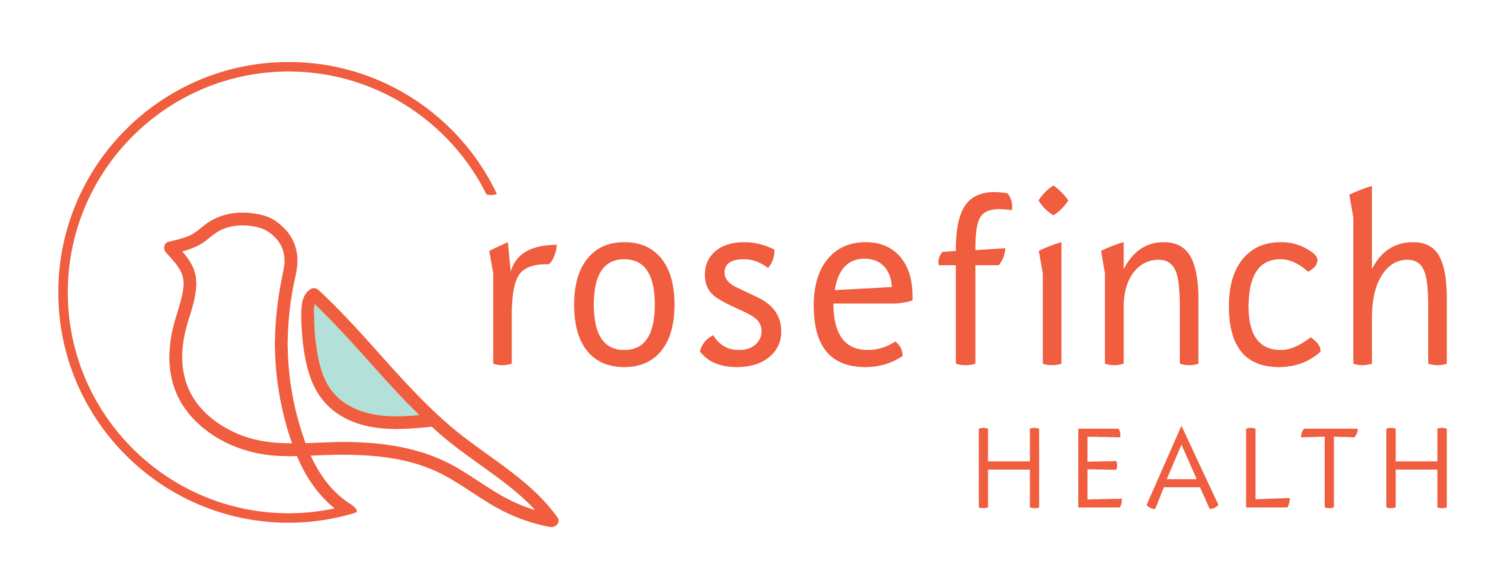Could This Ancient Herb Help Support Your Fertility? The Surprising Research on Rhodiola
Up close image of Rhodiola, a succulent with yellow flowers and thick green leaves with red tips. "Rhodiola rosea" by talaakso is licensed under CC BY-SA 2.0.
If you've been trying to conceive, you've probably heard about countless supplements and remedies promising to boost fertility. But here's one that might actually have some interesting science behind it: Rhodiola, an herb that's been used for centuries in cold, mountainous regions.
What Exactly Is Rhodiola?
Rhodiola (also called "golden root" or "arctic root") is what's known as an adaptogen—basically, it helps your body handle stress better. Think of it like a natural stress buffer. This hardy plant grows in harsh, cold environments across Europe, Asia, and North America, which might explain why it's so good at helping living things cope with challenging conditions.
People have traditionally used Rhodiola for anxiety, fatigue, and low mood, and modern research backs up many of these uses.
The Fertility Connection: A Research Discovery
Here's where things get really interesting. Recent research on mice discovered something unexpected about one of Rhodiola's key compounds called salidroside. The study found that salidroside actually improved pregnancy and birth rates in older female mice by doing something pretty remarkable: it enhanced blood flow to the ovaries.
Here's why this matters: As we age, our bodies naturally produce fewer new blood vessels (a process called angiogenesis), including in our ovaries. Less blood flow means less oxygen and nutrients reaching our eggs and reproductive organs. The researchers found that salidroside could actually reverse this process, restoring better blood supply to the ovaries and improving how well eggs developed.
You can read more about this research here: PMC Article on Rhodiola.
Two Types of Rhodiola: Which One Matters?
This is where it gets a bit technical, but stick with me because it's important. There are actually two main types of Rhodiola used medicinally:
Rhodiola rosea is what you'll find in most Western supplements. It's usually standardized to contain specific amounts of compounds called rosavins and salidroside. Most research on stress and fatigue has been done on this type. Learn more about Rhodiola rosea research
Rhodiola crenulata (known as Hong Jing Tian/红景天 in Chinese Medicine) is an interesting herb for fertility research. This type actually contains higher levels of salidroside—the exact compound that showed those promising effects on ovarian blood flow in the mouse study. Learn more about the difference between species.
In Chinese medicine, Hong Jing Tian is traditionally used to boost energy and cognition, support digestion, reduce excessive vaginal discharge, and help with dry cough.
So Should You Try It?
Before you rush to buy Rhodiola supplements, there are some important things to consider.
The Reality Check: This research was done on mice, not humans. While promising, we can't assume the same effects will happen in people. Human bodies are much more complex, and what works in a lab doesn't always translate to real life.
Safety First: While Rhodiola is generally considered safe for most people, it can cause side effects like:
Feeling jittery or restless
Trouble sleeping (especially if taken late in the day)
Dizziness
Dry mouth
Important Warning: If you're pregnant or breastfeeding, avoid Rhodiola. We simply don't have enough safety data, and given that this research specifically affects reproductive organs, it's better to be cautious.
If You're Considering Rhodiola
If you want to try Rhodiola (with your doctor's support), here's what the research suggests:
For general stress support: 50-300 mg daily of standardized Rhodiola rosea extract
For fertility-focused use: You might want to look for Rhodiola crenulata, which has a higher salidroside content, though there is no established dosing for fertility support yet.
Timing tip: Take it on an empty stomach, about 30 minutes before breakfast, since it can be energizing.
The Bottom Line
The research on salidroside and ovarian health is genuinely exciting and represents a new way of thinking about how natural compounds might support fertility. However, we're still in the early stages of understanding how this might work in humans.
If you're trying to conceive, your best bet is still focusing on the basics: eating well, exercising regularly, managing stress, getting enough sleep, and working with a healthcare provider who understands fertility.
Rhodiola might be a helpful addition to a comprehensive approach to reproductive health, but it's not a magic bullet. As with any supplement, talk to your doctor first, especially if you're already working with a fertility specialist or taking other medications.
The science is promising, but we need more human studies to really understand how—or if—Rhodiola can support fertility in real-world situations. For now, consider it an interesting possibility rather than a proven solution.
References:


